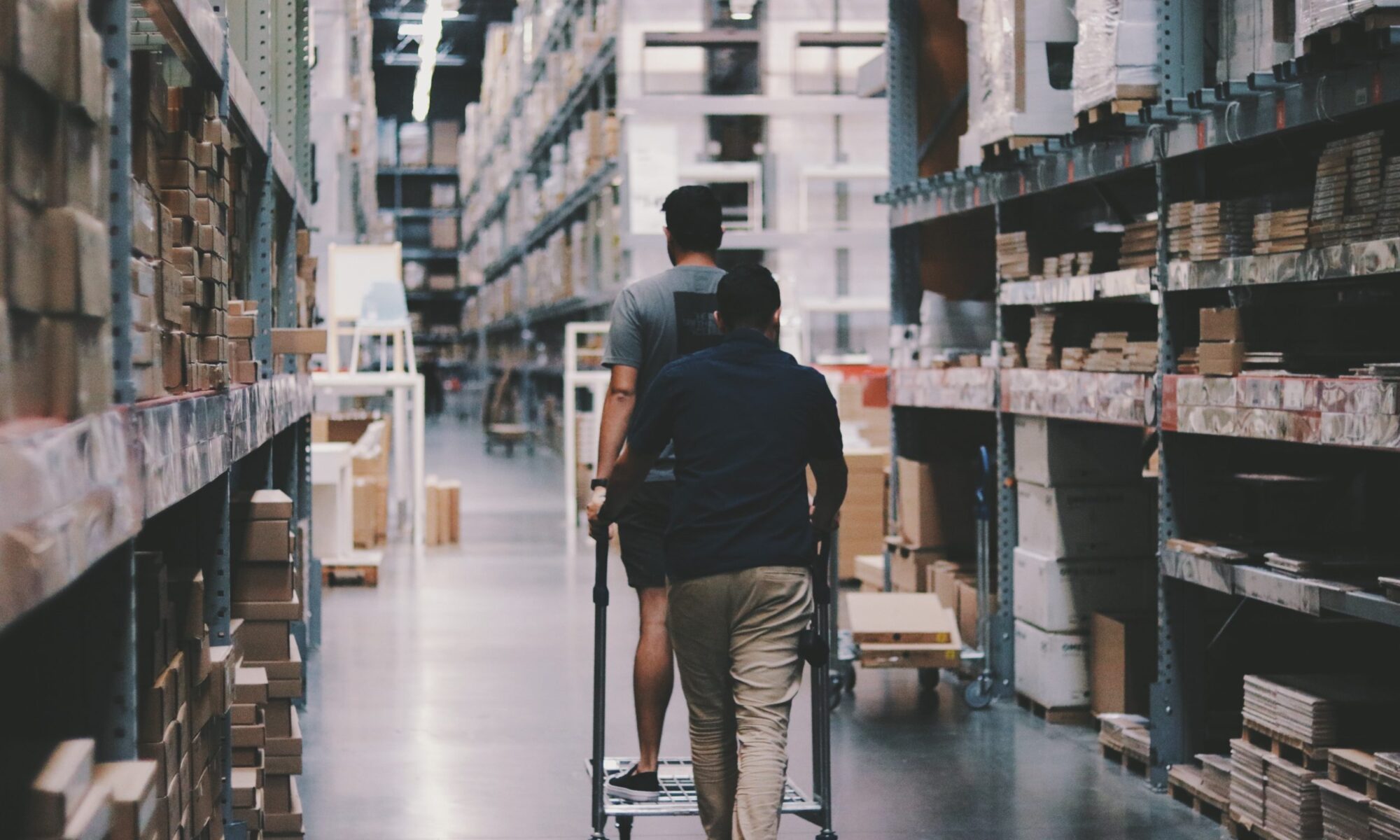Modern society heavily relies on the efficiency of supply chains to get products from producers to consumers. However, as the globe becomes more connected, the environmental impact of logistics and shipping increases.
In the context of a continuously globalising market, one might wonder how these industries can reduce their carbon footprints while continuing to provide essential services. To help shed light on this, let’s dive into some sustainable solutions within the logistics sector.
Green Warehousing
Green warehousing is an innovative approach that focuses on making the storage and handling of goods more environmentally friendly. This includes the use of energy-efficient lighting, waste recycling, and the integration of renewable energy sources. These steps not only reduce the carbon footprint of the warehouse itself but also promote an eco-friendly ethos within the industry.
A particularly inspiring example can be found in the rise of third-party logistics providers who place sustainability at the forefront. Those seeking collaboration with a greener partner might consider exploring 3PL expertise in Sydney. Such services offer a blend of traditional warehousing with an eco-conscious approach.
Eco-Friendly Packaging
Another area with vast potential for environmental impact reduction is packaging. Sustainable packaging reduces the amount of waste that ends up in landfills, and it can also be a cost-saving measure in the long run. By using recycled materials or designing packaging that can be reused, companies are not only helping the environment but also attracting a growing demographic of eco-conscious consumers.
Fuel-Efficient Transportation
Modern technology has a significant role to play in making transportation more fuel-efficient. The adoption of electric trucks, route optimisation software, and driver training can drastically reduce the amount of fuel consumed during shipments. With the maritime shipping sector responsible for a significant percentage of global greenhouse gas emissions, there’s also a strong push for cleaner fuels and more efficient ship designs.
Incorporating Technology
Technology is a double-edged sword when it comes to environmental impacts. While the production of tech products often has a significant carbon footprint, the use of technology in logistics can drastically improve efficiency and reduce waste.
This includes tools like GPS for optimal route planning, automated inventory management systems to minimise overstocking, and AI to predict demand and adjust logistics strategies accordingly. Furthermore, the digitalisation of paperwork reduces paper waste and streamlines processes.
The Human Element
Of course, no conversation about sustainability is complete without discussing the human element. Training and awareness are crucial. When teams understand the importance of sustainability and how their actions impact the environment, they’re more likely to adopt eco-friendly practices. After all, while technology can aid, human choices drive genuine change.
The Future of Sustainable Logistics
The quest for a greener logistics sector isn’t just a fleeting trend. As the realities of climate change become ever more apparent, the need for industries to adapt and evolve becomes crucial. By focusing on areas like green warehousing, eco-friendly packaging, and incorporating technology, the logistics industry can pave the way for a more sustainable future.
For those who are keen to dive deeper into the nuances of sustainable practices, here’s a fascinating piece on green supply chain management. This offers a comprehensive insight into how companies worldwide are integrating sustainability into their operations.
Conclusion
In today’s interconnected world, the logistics sector plays a pivotal role in our daily lives. With the increasing awareness about environmental issues, there’s a pressing need for this industry to adopt sustainable practices.
By exploring avenues like green warehousing, eco-friendly packaging, and the intelligent use of technology, there’s hope that the logistics of tomorrow will be kinder to our planet without compromising on efficiency or reliability.

